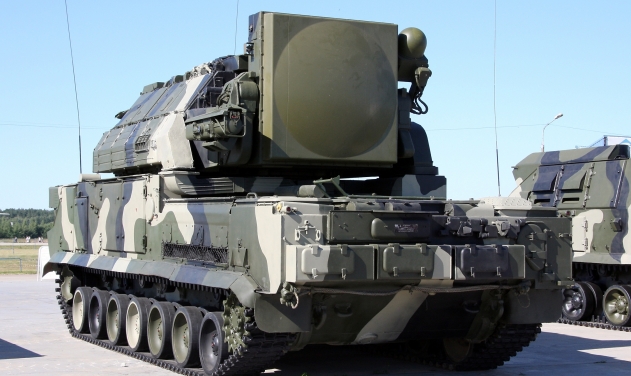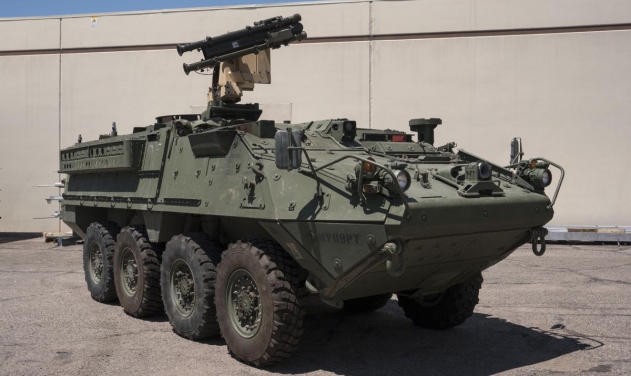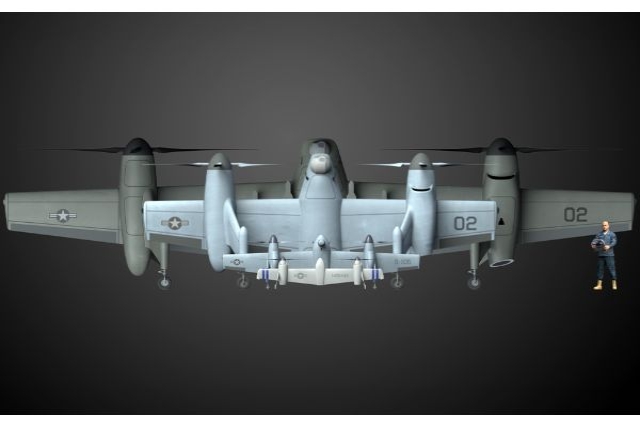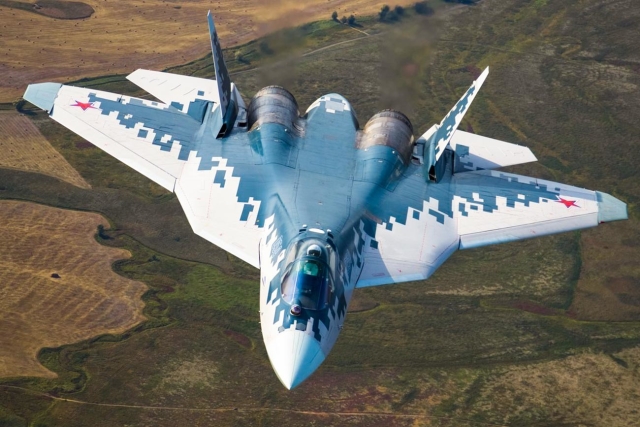Dutch, Russian Armies Show Different Approaches to Battling Hostile Drones

The Dutch and Russian Armies today revealed different approaches to battling hostile drones which are becoming a growing threat to ground-based assets
While the Dutch Army today announced the creation of a ‘Stinger Platoon’ equipped with man-portable air defence systems (MANPADS), the Russian Army said it was developing smaller, and cheaper missiles to hit at drones.
Dutch Stinger Platoon
The Dutch Army has created a platoon equipped with shoulder-launched ‘Stinger’ MANPADS to tackle low-flying threats such as drones.
“The arrival of the Stinger platoon is welcome, because Dutch soldiers are increasingly confronted with different types of threat from the air during their operations. This does not only concern enemy aircraft or helicopters, but also drones, for example,” a Dutch MoD statement said.
The platoon is part of the Defense Ground-Based Air Defense Command (DGLC) and is based at 13 Air Defense Battery. The ‘Stinger platoon’ will support the Marine Corps and 11 Airmobile Brigade. The Stinger soldiers can also be used to defend ships that do not have sufficient air defense themselves.
The unit will officially be called the Stinger MANPAD Platoon, its soldiers being specially trained to be deployed quickly and flexibly.

Russia: New Small, light missile to defend against drones
A small-size missile for the air defense system Tor-M2 is being created in Russia as a counter-weapon against tactical unmanned aerial vehicles (UAV), the commander-in-chief of Russia's ground forces, General of the Army Oleg Salyukov, told the government-published daily Rossiyskaya Gazeta in an interview Thursday.
"Currently, the cost of one guided air defense missile (used in the Tor-M2 air defence battery) is way above the cost of a small-size drone. For this reason a relatively inexpensive small missile is being developed for this system," Salyukov said.
He stressed that strategic and operative drones were typical targets for the ground forces' air defenses.











